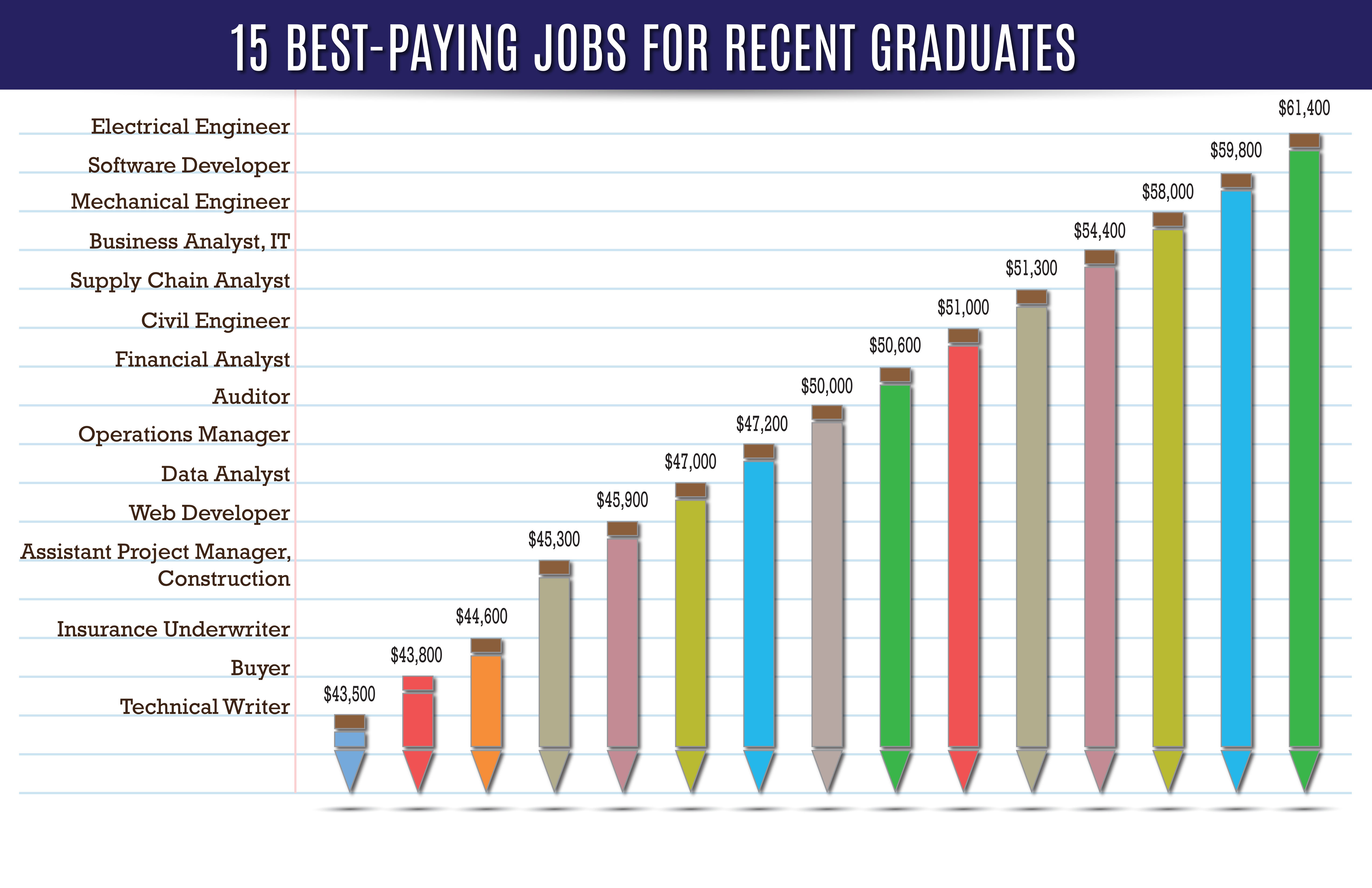Unlocking High-Earning Potential Best Paying Trade Jobs in America

Are you looking for a career that offers financial stability, job security, and the satisfaction of building something tangible? Forget the outdated notion that a four-year degree is the only path to a well-paying career. The skilled trades offer an exciting alternative, with many professions commanding impressive salaries. This article explores the highest paying trade jobs in the American job market, providing insights, resources, and actionable steps to help you launch a rewarding and lucrative career.
The landscape of work is changing. The demand for skilled tradespeople is booming, creating numerous lucrative opportunities. These careers, often overlooked in favor of traditional white-collar jobs, offer a path to financial security and personal fulfillment. Understanding which trade jobs offer the best salaries is the first step toward making an informed career choice.
The importance of skilled trades in America can't be overstated. These jobs are the backbone of our infrastructure, from the electricians who power our homes to the plumbers who keep our water flowing. Historically, these jobs have provided a strong middle-class foundation, and today, they continue to be vital for our economy and communities. However, a shortage of skilled workers has led to increased demand and higher wages, making these careers even more attractive.
One of the primary issues facing the skilled trades is the perception that they are less desirable than office jobs. This outdated view has contributed to the skills gap, as fewer young people enter these professions. Changing this perception and promoting the benefits of trade careers is crucial for addressing the workforce shortage and ensuring a strong future for these essential industries.
Let's dive into some definitions. "Trade jobs," also known as "skilled trades" or "craft jobs," require specialized skills and training, often obtained through apprenticeships or vocational schools. They involve hands-on work, often in construction, manufacturing, or maintenance. Examples include electricians, plumbers, welders, HVAC technicians, and mechanics. These are not your grandfather's greasy jobs; many involve cutting-edge technology and offer significant intellectual challenges.
Three key benefits of pursuing a high-paying trade job include earning potential, job security, and tangible results. Earning potential is high, with many tradespeople earning six-figure salaries. Job security is excellent, as the demand for these skills continues to grow. Finally, the satisfaction of seeing the tangible results of your work, whether it's a finished building or a repaired engine, adds another layer of fulfillment.
Taking the first step towards a career in the trades might seem daunting, but it doesn't have to be. Research various trades to find one that aligns with your interests and aptitudes. Explore apprenticeship programs, vocational schools, and online resources. Networking with professionals in your chosen field can provide invaluable insights and mentorship. Finally, commit to lifelong learning, as technology and best practices continually evolve.
Advantages and Disadvantages of High-Paying Trade Jobs
| Advantages | Disadvantages |
|---|---|
| High earning potential | Physically demanding work |
| Job security | Potential for workplace hazards |
| Tangible results | Irregular hours (sometimes) |
FAQ:
Q: What are some of the highest paying trade jobs? A: Some top earners include elevator installers and repairers, power plant operators, and construction managers.
Q: How long does it take to become qualified? A: Training varies, but many apprenticeships last 2-4 years.
Q: Do I need a college degree? A: No, a college degree is typically not required.
Q: Where can I find apprenticeship programs? A: Check with local unions, trade organizations, and community colleges.
Q: Are trade jobs physically demanding? A: Many are, requiring physical strength and stamina.
Q: What are the job prospects? A: Job prospects are excellent, with high demand projected for the foreseeable future.
Q: Are there opportunities for advancement? A: Yes, many trades offer paths to management and supervisory roles.
Q: What are the best resources for researching trade jobs? A: The Bureau of Labor Statistics and trade associations are excellent starting points.
In conclusion, the skilled trades offer a compelling alternative to the traditional four-year college path. With high earning potential, job security, and the satisfaction of building and creating, trade jobs are an increasingly attractive option for those seeking a fulfilling and financially rewarding career. The current skills gap presents a unique opportunity to enter a field where your skills are in high demand. By researching different trades, exploring training options, and committing to continuous learning, you can unlock a world of opportunity and build a successful career in one of America's highest-paying trade jobs. Don't wait, start exploring today and build your future in the thriving world of skilled trades.
Decoding arkansas state government salaries
Unlock your future navigating the conestoga college careers student portal
Discover kuala lumpurs majestic gpo a historic postal hub









